Join us for a panel discussion about the legacy of Rainbow Sign. While it lasted, Rainbow Sign was Berkeley’s Black Cultural Arts center, a place where artists and activists converged to form a vibrant community invested in honoring the past and building faith in the future. Rainbow Sign (1971-1977) hosted talks by James Baldwin, concerts by Nina Simone, exhibits of world-class Black Art, and civic meetings with everyone from the Black Panthers to Warren Widener, Berkeley’s first Black mayor. The center served as an inspiration to Vice-President Elect Kamala Harris who called her family's visits "a citizen's upbringing." Our discussion will feature stories and archival images and a Q&A will follow.
Register now with Zoom.
Panelists:
Halifu Osumare is Professor Emerita of African American Studies at UC Davis. A protégé of Katharine Dunham, Osumare has been a scholar of Black popular culture, an arts administrator, dance educator and choreographer for over forty years. Osumare taught African dance at Rainbow Sign and selected it as the venue for the premiere of her choreo-play Four Women in 1973, which featured Ntozake Shange’s stage debut.
Eugene Redmond is the poet laureate of East St. Louis, Illinois and an Emeritus Professor of English at Southern Illinois University Edwardsville (SIUE). From 1970 to 1985 he taught as poet-in-residence at CSU Sacramento and was a key presence in the literary salon at Rainbow Sign alongside such figures as Maya Angelou, Joyce Carol Thomas, Sarah Webster Fabio and Jayne Cortez.
Dezie Woods-Jones is president of Black Women Organized For Political Action (BWOPA), a group she co-founded in 1968 and which headquartered at Rainbow Sign. Over 50+ years, BWOPA has helped elect the likes of Barbara Lee, Maxine Waters and Kamala Harris. A lifelong activist and campaign strategist, Woods-Jones is also CEO and president of the Training Institute for Leadership and Enrichment (TILE), an Oakland-based nonprofit focused on empowering African American women in leadership.
Moderator Tessa Rissacher studies Rainbow Sign. Her research began at UC Berkeley where she helped to create the Rainbow Sign digital history project and wrote two honors theses about the center. Since graduation in 2019, she has continued to help the story of Rainbow Sign reach audiences through museums, audio, and print journalism.
The Rainbow Sign digital history project is a curated and annotated archive of ephemera about Rainbow Sign and its founder and impresario Mary Ann Pollar. It belongs to The Berkeley Revolution, an immersive website highlighting the transformation of the East Bay through the late 1960s and 1970s. Created by professor Scott Saul, the site features seventeen projects, spanning topics such as the ecology movement, the disability rights movement and the Black Panthers’ Oakland Community School. These projects use original research to tell untold stories and serve both as final theses for American Studies students and as public educational resources.
This program is part of the Tarea Hall Pittman Social Justice Series. This series honors the legacy of Ms. Pittman’s social justice activism that positively affected the lives of people in California. Programming topics and formats are diverse but the goal of each event is to bring awareness and promote discussions related to human rights, social privilege, and equal opportunity.
Thank you to the Berkeley Public Library Foundation and the Friends of the Berkeley Public Library for their support of this event.

